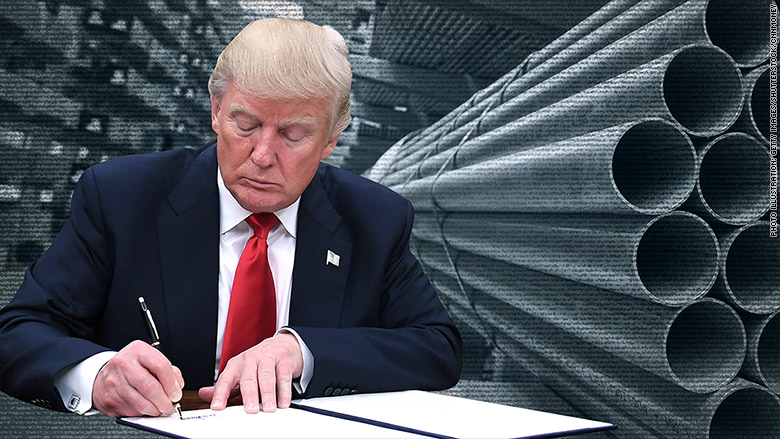Okay, folks, let’s be real. Paul Krugman just dropped a truth bomb, and it’s a doozy. He called this whole trade kerfuffle precisely what it is: “This isn’t trade policy, it’s a political performance using 19th-century tools to solve 21st-century problems.” And damn right he is! It’s frustrating to watch leaders cling to outdated thinking when the world is evolving at warp speed.

Seriously, are we really going backwards? We’re facing complex global challenges—supply chain vulnerabilities, technological disruption, and the rise of new economic powers—and the answer is…tariffs? It’s like bringing a horse-and-buggy to a Formula One race. It’s not gonna work, and frankly, it’s a bit insulting to anyone with a brain.
Let’s break down why this whole approach is fundamentally flawed. Traditional tariffs aim to protect domestic industries, but they also raise costs for consumers and businesses. We’ve seen this play out time and time again. It’s basic economics, people!
Furthermore, in a highly interconnected global economy, tariffs invite retaliation. A trade war isn’t won by anyone; everyone loses. It creates uncertainty, discourages investment, and ultimately hinders growth. It’s a self-inflicted wound, no question about it.
And don’t even get me started on the political motivations. This isn’t about genuinely trying to improve the economy. It’s about scoring points with a specific voter base. Frankly, it’s cynical, short-sighted, and frankly, pisses me off.
A Deeper Dive: Understanding the Limitations of Tariff-Based Trade Policy
Tariffs, while seemingly simple, have a complex impact on the market. Early economic thought championed tariffs for infant industry protection, shielding new domestic businesses. However, this idea encounters significant limitations in a globalized world.
Modern supply chains are intricate webs of interconnected production. Tariffs disrupt these networks, leading to higher costs and inefficiencies. The principle of comparative advantage dictates that countries should specialize in producing goods they can make most efficiently.
A disruption through tariff wars hinders this specialization. They artificially inflate prices, reduce consumer choice, and ultimately depress overall economic welfare. The 21st century demands innovative solutions—investing in education, infrastructure, and technology—not resorting to archaic protectionist measures.






